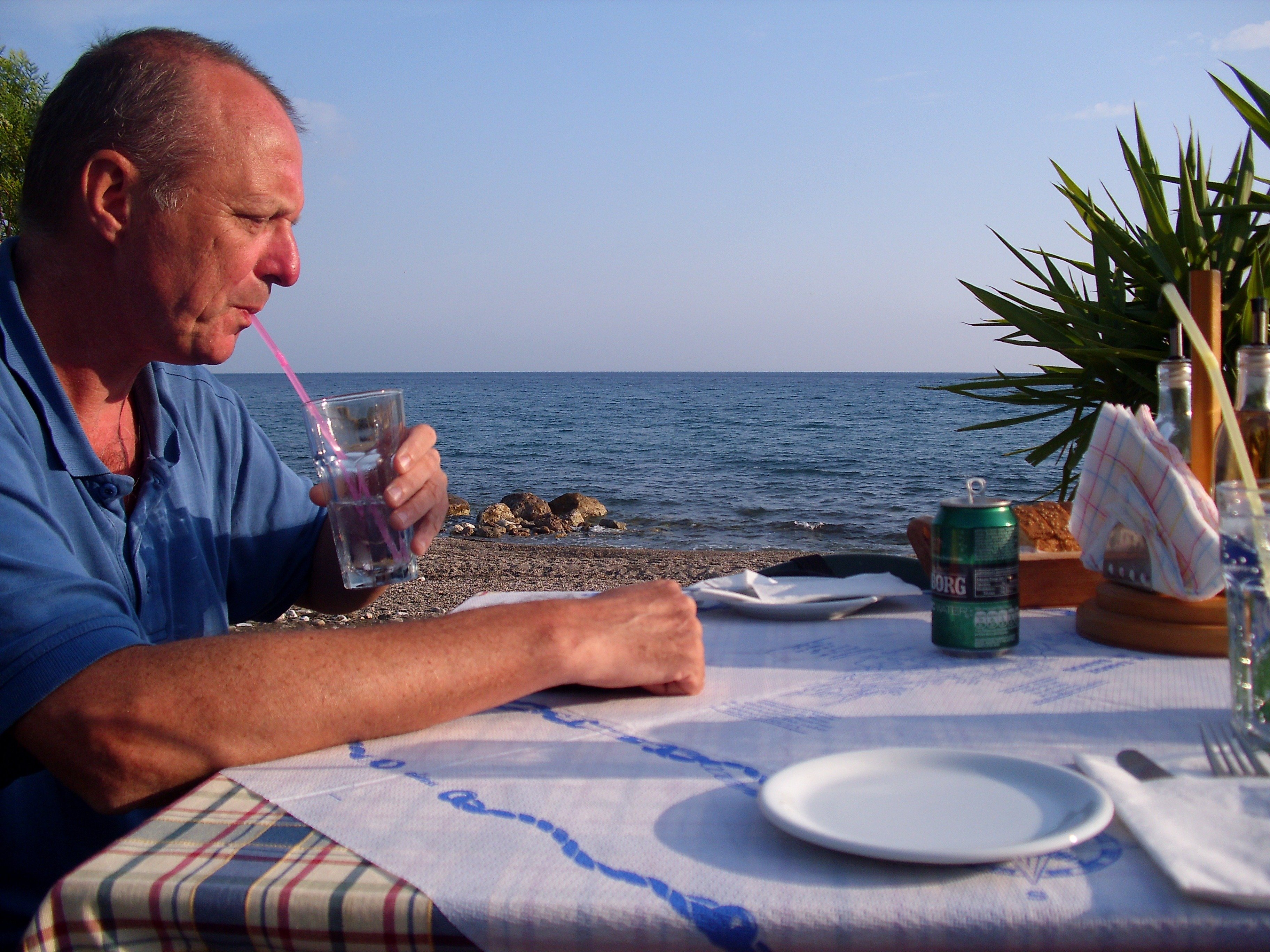-
Posts
1,244 -
Joined
-
Last visited
-
Days Won
1
Posts posted by Pragi
-
-
Velvet Revolver - Slither - Live Rock Am Ring 2007
-
 2
2
-
-
Talking Heads - Born Under Punches
-
 3
3
-
-
Fine Young Cannibals - She Drives Me Crazy, live 1989
-
 2
2
-
-
Beck, Bogert, & Appice
-
 1
1
-
-
MICHAEL SCHENKER GROUP [ ROCK BOTTOM ] 30TH ANNIVERSARY LIVE JAPAN.
-
 1
1
-
-
Thin Lizzy - Jailbreak Live
-
 2
2
-
-
Burning Spear - Burning Reggae (Live)
-
 1
1
-
-
Steel Pulse - Prodigal Son (Live)
-
 2
2
-
-
Wishes and hypotheses
Wishes
We use the verb wish or the phrase if only to talk about things which we want but which are not possible:
I wish I could see you next week.
If only we could stop for a drink.
I wish we had a bigger house.
They are always busy. If only they had more time.
John was very lazy at school. Now he wishes he had worked harder.We use wish and if only with past tense forms:
We use past tense modals would and could to talk about wishes for the future:
I don't like my work. I wish I could get a better job.
That's a dreadful noise. I wish it would stop.
I always have to get home early. If only my parents would let me stay out later.We use past simple and continuous to talk about wishes for the present:
I don't like this place. I wish I lived somewhere more interesting.
These seats are very uncomfortable. I wish we were travelling first class.
I wish I was taller.
John wishes he wasn't so busy.
I'm freezing. If only it wasn't so cold.After I/he/she/it, we can use were instead of was:
I wish I was/were taller.
John wishes he wasn't/weren't so busy.
I'm freezing. If only it wasn't/weren't so cold.We use the past perfect to talk about wishes for the past:
I wish I had worked harder when I was at school.
Mary wishes she had listened to what her mother told her.
I wish I hadn’t spent so much money last month.Hypotheses (things we imagine)
Expressions
When we are talking about hypotheses, we use expressions like:
what if ... ?in casesuppose (that)supposing (that)imagine (if/that)
We use these expressions:
with present tense forms to talk about the present or future if we think something is likely to be true or to happen:
We should phone them in case they are lost.
Those steps are dangerous. Suppose someone has an accident.with past tense forms to talk about the present or future to suggest something is not likely to be true or to happen:
Imagine you won the lottery. What would you do with the money?
What if he lost his job? What would happen then?with the past perfect to talk about things in the past which did not happen:
Suppose you hadn't passed your exams. What would you have done?
What if he had lost his job? What would his wife have said?Modal verbs
We use modals would and could for a hypothesis about the present or future:
We can't all stay in a hotel. It would be very expensive.
Drive carefully or you could have an accident.We use would in the main clause and the past tense in a subordinate clause for a hypothesis about the present or future:
I would always help someone who really needed help.
I would always help someone if they really needed it.We use modals with have to talk about something that did not happen in the past:
I didn't see Mary, or I might have spoken to her.
It's a pity Jack wasn't at the party. He would have enjoyed it.
Why didn't you ask me? I could have told you the answer.We use would have in the main clause and the past perfect in a subordinate clause to talk about something that did not happen in the past:
I would have helped anyone who had asked me.
I would have helped you if you had asked me.-
 1
1
-
-
Robert Plant Live in Montreux 1993 (Calling to You)
Robert Plant - Fate of Nations Demo (Network News)
-
Deep Purple "New album "Whoosh!" out 7th August 2020
wow
-
 3
3
-
-
LITTLE FEAT - LET IT ROLL - AT ST.LOUIS,MO
-
 2
2
-
-
GoGo Penguin - Hopopono
-
 1
1
-
-
17 hours ago, Notes_Norton said:
Whether you play slow or fast, what matters is whether it is empty notes or expressive music.
As always, you nailed it.
There is nothing wrong in playing fast.
For me it´s an adventure to play as slow as possible at present , so that I have the
time to explore different rythm, stopps, breaks aso.
For me there is also some "magic " in playing slow, the more I am playing slow, more I can play (excact) fast.
I don´t know if you can understand my reduced way to express this.
All the best .
Pragi
-
 1
1
-
-
16 hours ago, bayoubill said:
BRILLIYANT!
I can find no words for this wonderful music .
Thanks Bill.
-
I ve found a joky video on youtube about 5 Reasons Why Guitar Shredding SUCKS!
I recommend to take it serious:🤮
-
COLOSSEUM - Lost Angeles- LIVE
-
Einstürzende Neubauten - Was Ist Ist -Live
-
Donny hathaway- the ghetto live .
Donny-Madonna (🤫)
-
he Greatest Show On Earth - Borderline
-
never mind the bollocks
-
 2
2
-
-
Chickenfoot - HighwayStar (Live)
-
 2
2
-
-
Puscifer (The devil 😀 in every girl)- Queen B.
-
The Girl with the Dragon Tattoo "Immigrant Song" -- Karen O with Trent Reznor & Atticus Ross



Listening to this now
in The Coffee House
Posted · Edited by Pragi
True.
It´s awesome not only cause the gig is featuring King Crimson's Adrien Belew.